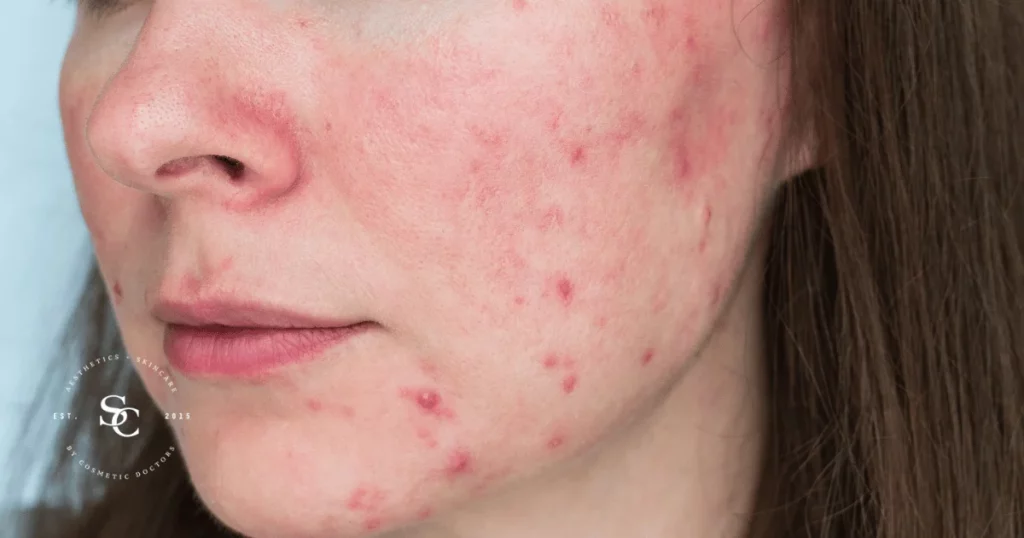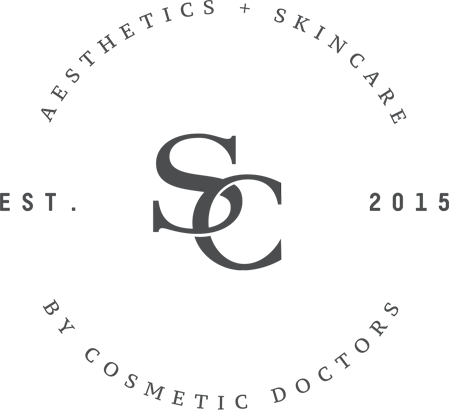Understanding Acne Rosacea: An Overview
Acne rosacea, often referred to simply as rosacea, is a chronic skin condition that primarily affects the face. It is characterized by redness, flushing, visible blood vessels, and the formation of pimple-like bumps. In this comprehensive guide, we will delve into the world of acne rosacea, exploring its nature, causes, treatment options, and prevention strategies for managing this condition effectively.
Identifying the Symptoms of Acne Rosacea
The primary symptoms of acne rosacea include:
- Facial Redness: Persistent redness on the central face, often resembling a sunburn.
- Flushing: Episodes of sudden, transient facial redness, triggered by various factors.
- Pimple-like Bumps: The appearance of small, red, and pus-filled bumps, similar to acne.
- Visible Blood Vessels: The development of visible blood vessels (telangiectasia) on the face.
- Eye Symptoms: In some cases, rosacea may involve eye symptoms, such as dryness, irritation, and redness.
Causes and Risk Factors of Acne Rosacea
Understanding the causes and risk factors of acne rosacea is essential:
- Genetics: Family history of rosacea can increase an individual’s risk.
- Dysfunction of Blood Vessels: Abnormalities in blood vessels may contribute to facial redness and flushing.
- Triggers: Certain triggers, including sun exposure, alcohol, spicy foods, hot beverages, and stress, can exacerbate rosacea.
- Demodex Mites: The presence of microscopic mites (Demodex) on the skin may play a role in rosacea development.
- Immune System Abnormalities: Alterations in the immune system may contribute to inflammation.
Different Types and Stages of Acne Rosacea
Acne rosacea can manifest in various types and stages, including:
- Erythematotelangiectatic Rosacea: Characterized by persistent redness and visible blood vessels.
- Papulopustular Rosacea: Involves pimple-like bumps and sometimes eye symptoms.
- Phymatous Rosacea: Rarely, rosacea can cause thickening of the skin, especially on the nose (rhinophyma).
- Ocular Rosacea: Affects the eyes and may involve dryness, irritation, and redness.
Diagnosis: How Acne Rosacea is Detected
Diagnosing acne rosacea involves a physical examination by a dermatologist or healthcare provider. They may assess the symptoms, triggers, and potential eye involvement to determine the appropriate treatment.
Treatment Options for Acne Rosacea
Several treatment options can help manage acne rosacea:
- Topical Treatments: Prescription creams or gels containing ingredients like metronidazole, azelaic acid, or sulfur can reduce redness and inflammation.
- Oral Medications: In some cases, oral antibiotics, such as doxycycline or tetracycline, may be prescribed to control rosacea symptoms.
- Laser and Light Therapy: Procedures like intense pulsed light (IPL) or laser therapy can target visible blood vessels and reduce redness.
- Eye Drops: For ocular rosacea, lubricating eye drops or medications may be recommended.
- Lifestyle and Trigger Management: Identifying and avoiding triggers is essential to managing rosacea. This may include minimizing sun exposure, managing stress, and adjusting diet.
Prevention Strategies for Acne Rosacea
Preventing flare-ups of acne rosacea involves adopting strategies to minimize triggers:
- Sun Protection: Use sunscreen and protective clothing to shield the face from UV radiation.
- Trigger Avoidance: Identify and avoid personal triggers that worsen rosacea symptoms.
- Gentle Skincare: Use mild, non-irritating skincare products and avoid abrasive exfoliation.
- Cooling Techniques: Applying cool compresses or mists can help alleviate flushing.
Home Remedies and Self-Care for Acne Rosacea
In addition to medical treatments, there are remedies and self-care practices that may help manage acne rosacea:
- Gentle Cleansing: Use a mild, fragrance-free cleanser and avoid harsh scrubbing.
- Moisturizing: Apply a non-comedogenic, hypoallergenic moisturizer to keep the skin hydrated.
- Avoiding Triggers: Keep a diary of triggers and avoid them to prevent flare-ups.
- Rosacea-friendly Makeup: Choose makeup products specially formulated for sensitive skin.
Impact of Acne Rosacea on Self-Image
Acne rosacea can impact an individual’s self-esteem and body image, particularly when visible symptoms are present. Seeking treatment and effectively managing rosacea can improve self-confidence and quality of life.
Long-Term Management of Acne Rosacea
Managing acne rosacea often involves long-term care:
- Skincare Routine: Maintain a consistent skincare routine tailored to rosacea-prone skin.
- Regular Follow-ups: Schedule regular follow-up appointments with a dermatologist for treatment adjustments and monitoring.
- Lifestyle Adjustments: Continue identifying and avoiding triggers to minimize flare-ups.
- Eye Care: For ocular rosacea, ongoing eye care may be necessary to maintain eye health.
In conclusion, understanding acne rosacea, its causes, treatment options, and prevention strategies is crucial for effectively managing this chronic skin condition and maintaining clear and healthy skin. Consulting with a dermatologist or skincare specialist can provide personalized guidance on the most suitable treatments and management approaches for individual concerns.



















